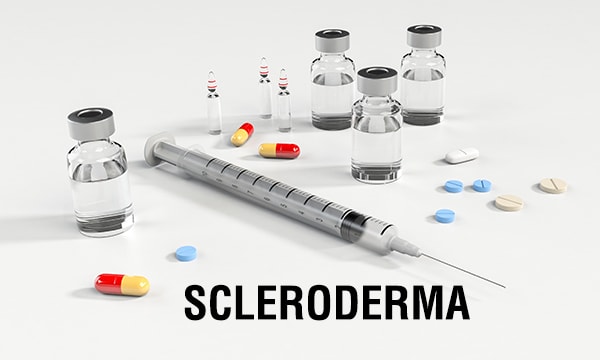
Treatments for severe scleroderma usually involve immunosuppressant injections; 10-year survival rate is 55% through this method
A new clinical trial shows that an aggressive stem cell transplant regimen could lead to a higher survival rate for people inflicted with a deadly autoimmune disease that affects the skin and internal organs.
Duke University Medical Center performed the treatment on patients afflicted with diffuse cutaneous systemic sclerosis (scleroderma). Scleroderma is an autoimmune disease that leads to the hardening and tightening of the skin and connective tissues. In its most severe form, it affects the internal organs and is fatal.
In the clinical trial, a group of 39 participants was given normal regimens of immunosuppressants and another group of 36 participants was given autologous stem cell transplants. Autologous stem cells are those colected from the patient prior to the transplantation. (Cord blood is often the preferred source of stem cells for autologous treatments.) The study found that of the two groups, the group who received stem cell transplants following chemotherapy and total-body irradiation had significantly higher survival rates and a reduced likelihood of relapse. Some were even left disease-free. At the end of the six-year period for which the participants were followed, overall survival rate was 86% for those that received the stem cell transplant and only 51% for those who received the customary cyclophosphamide immunosuppressant injections.
These findings show that an autologous stem cell transplant is more effective than immunosuppressants in treating scleroderma. It also follows some of what has been seen with the treatment of other autoimmune diseases like diabetes and multiple sclerosis